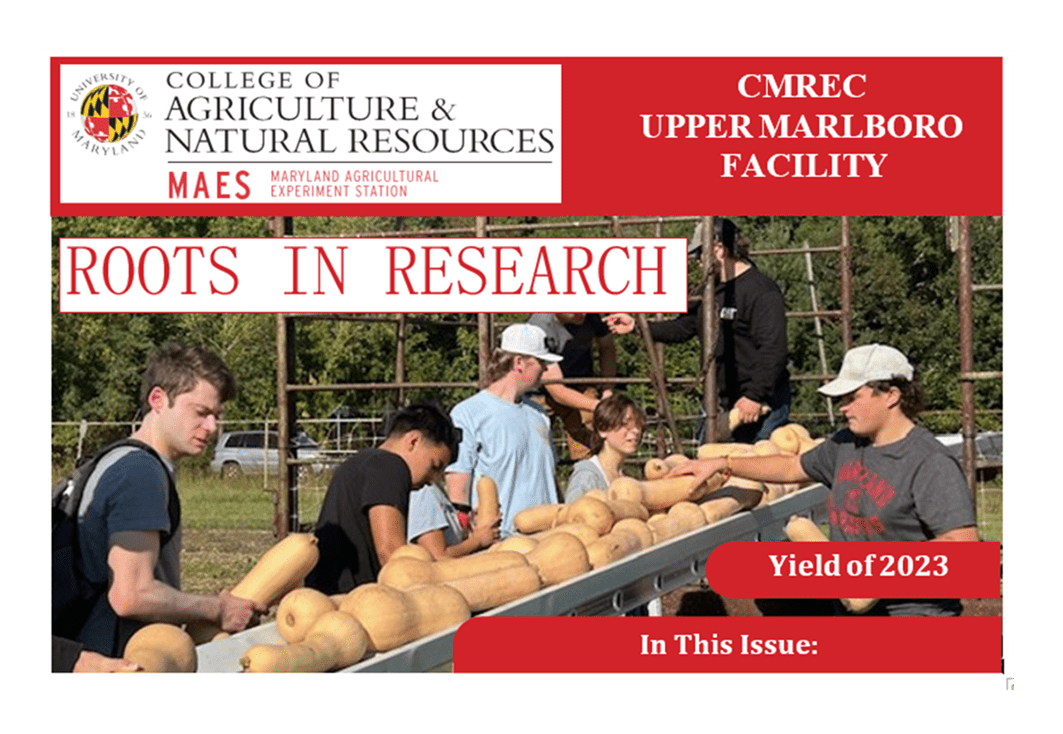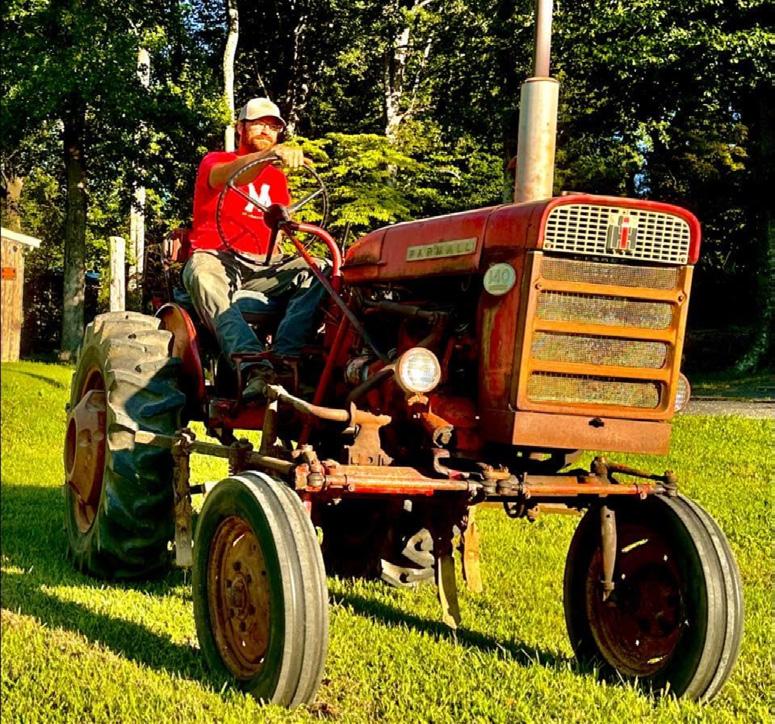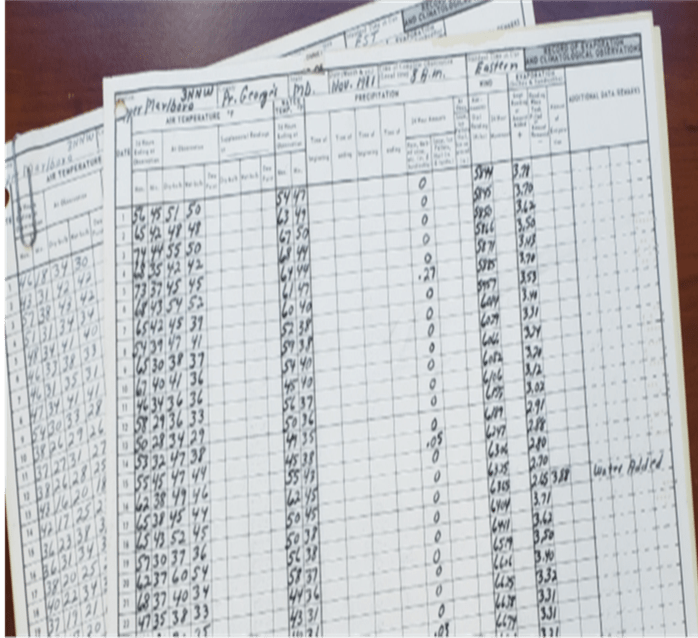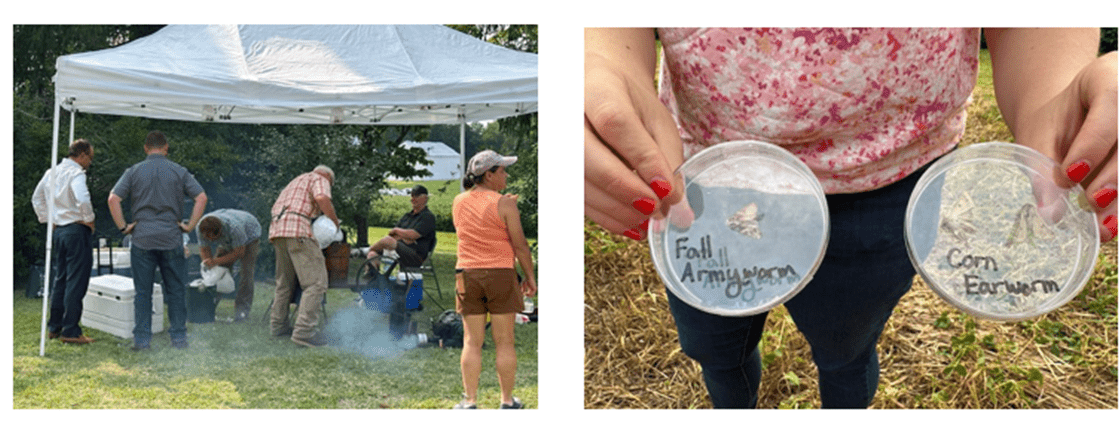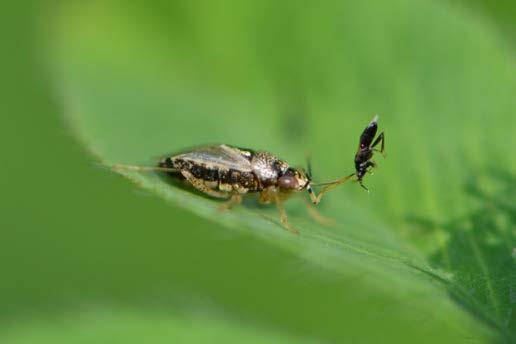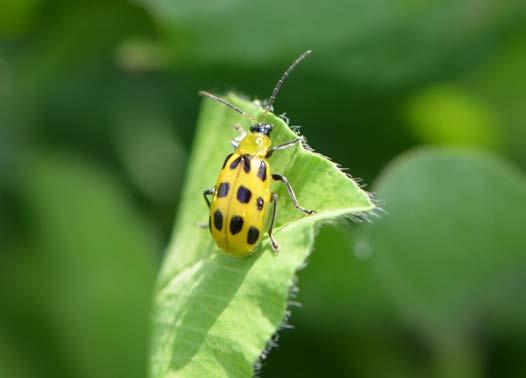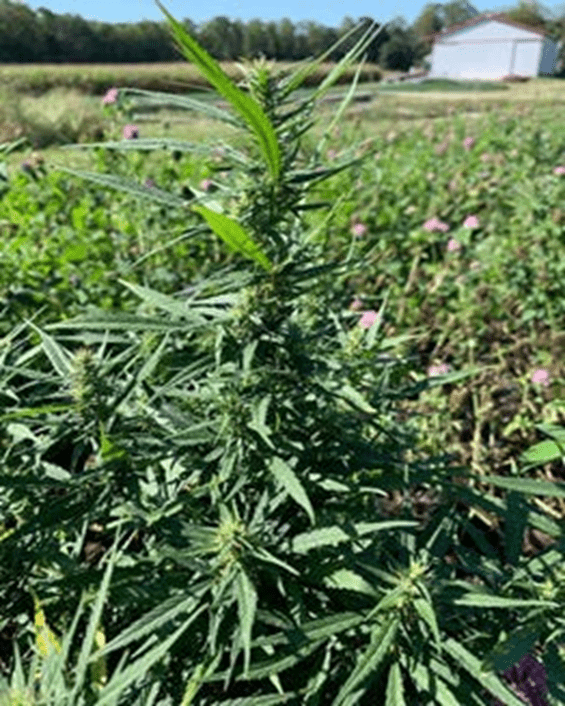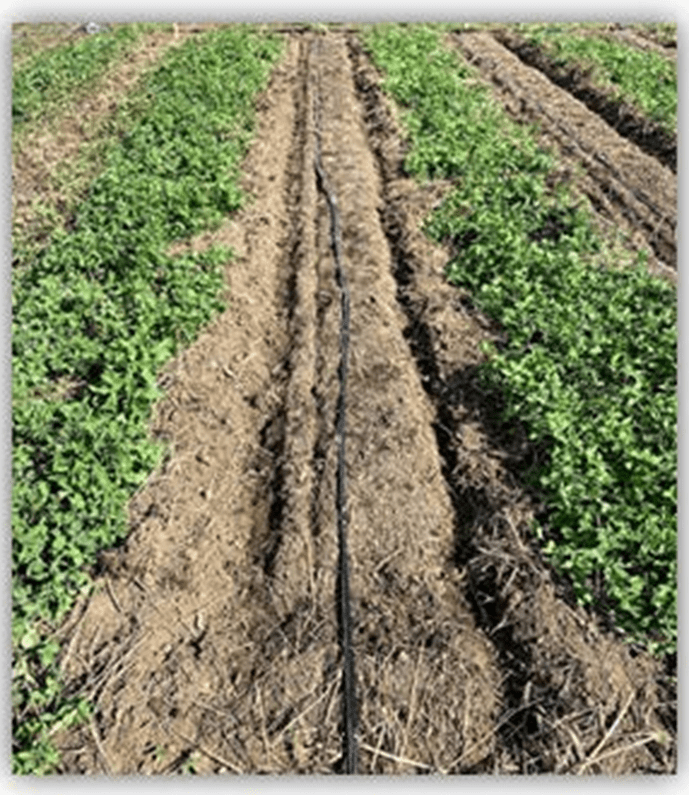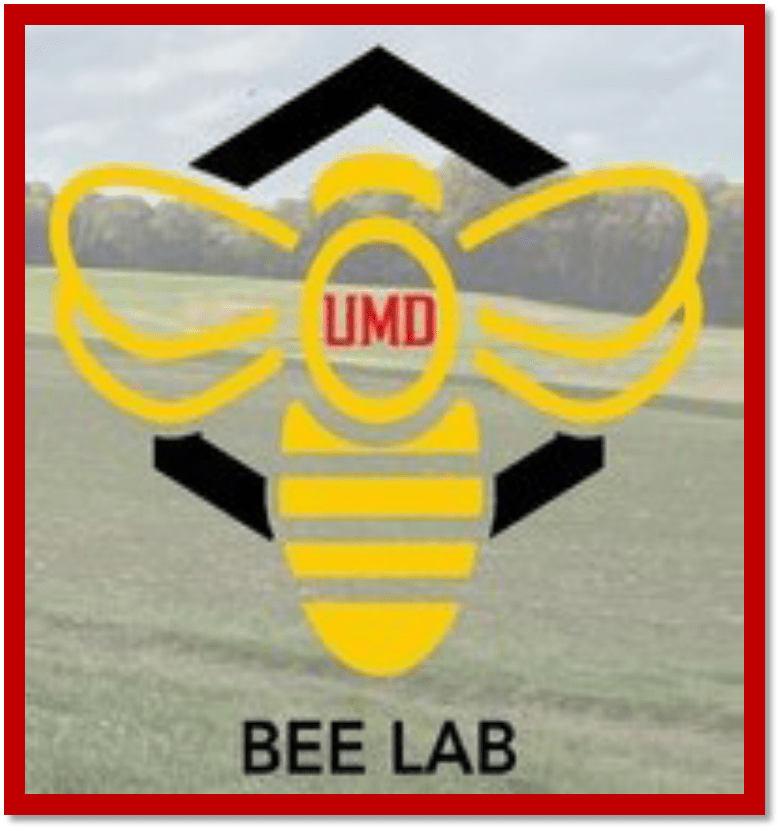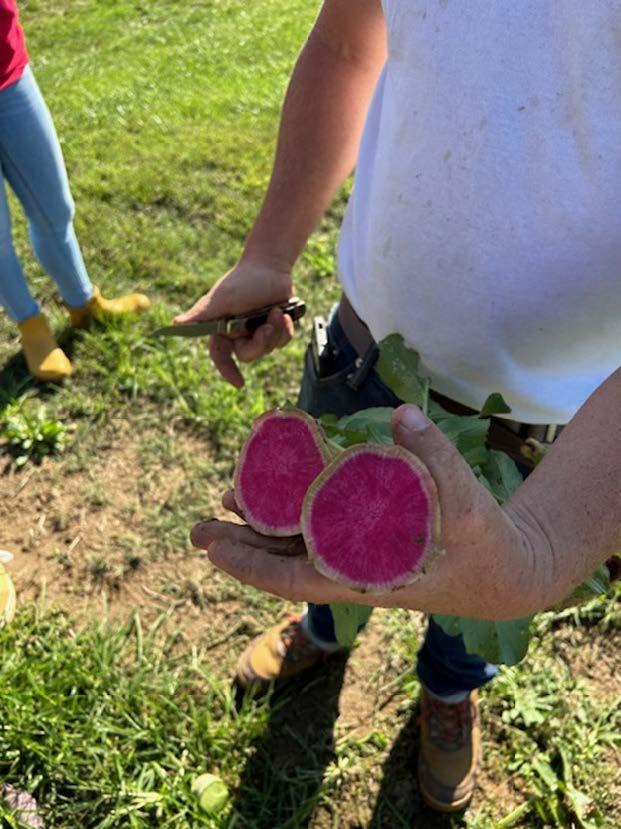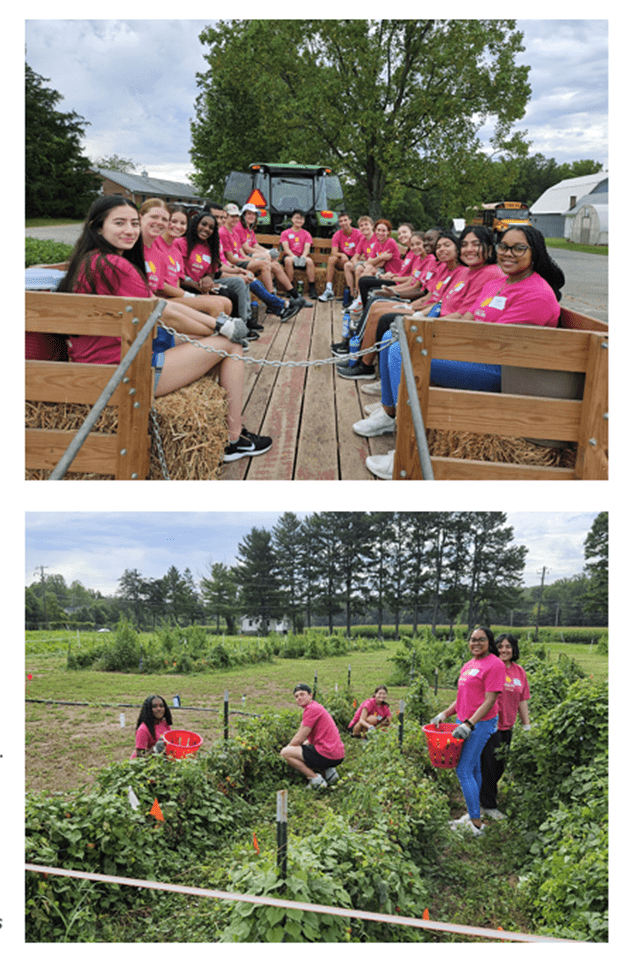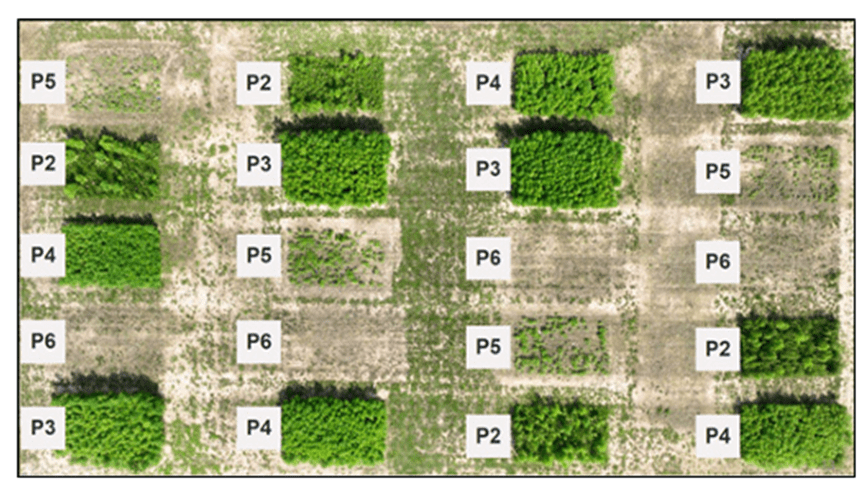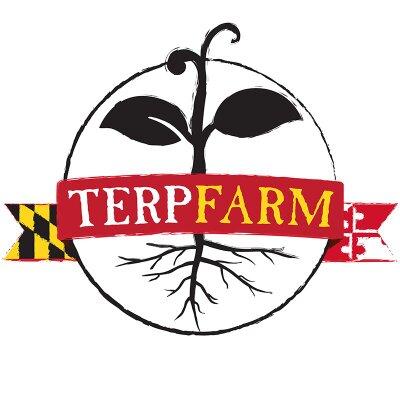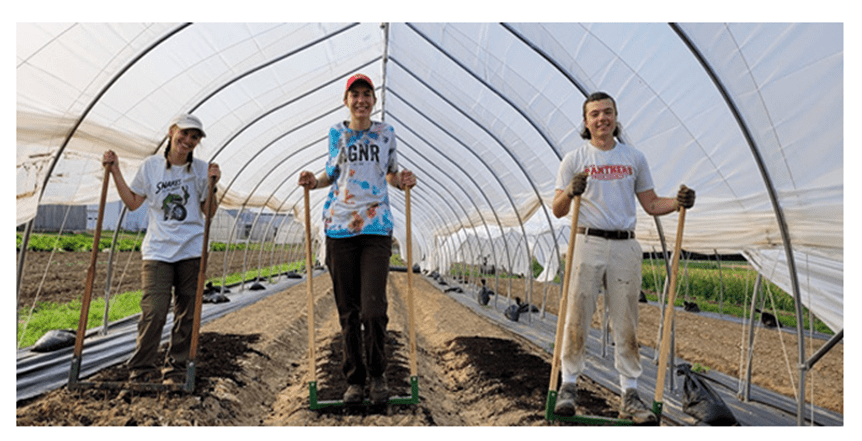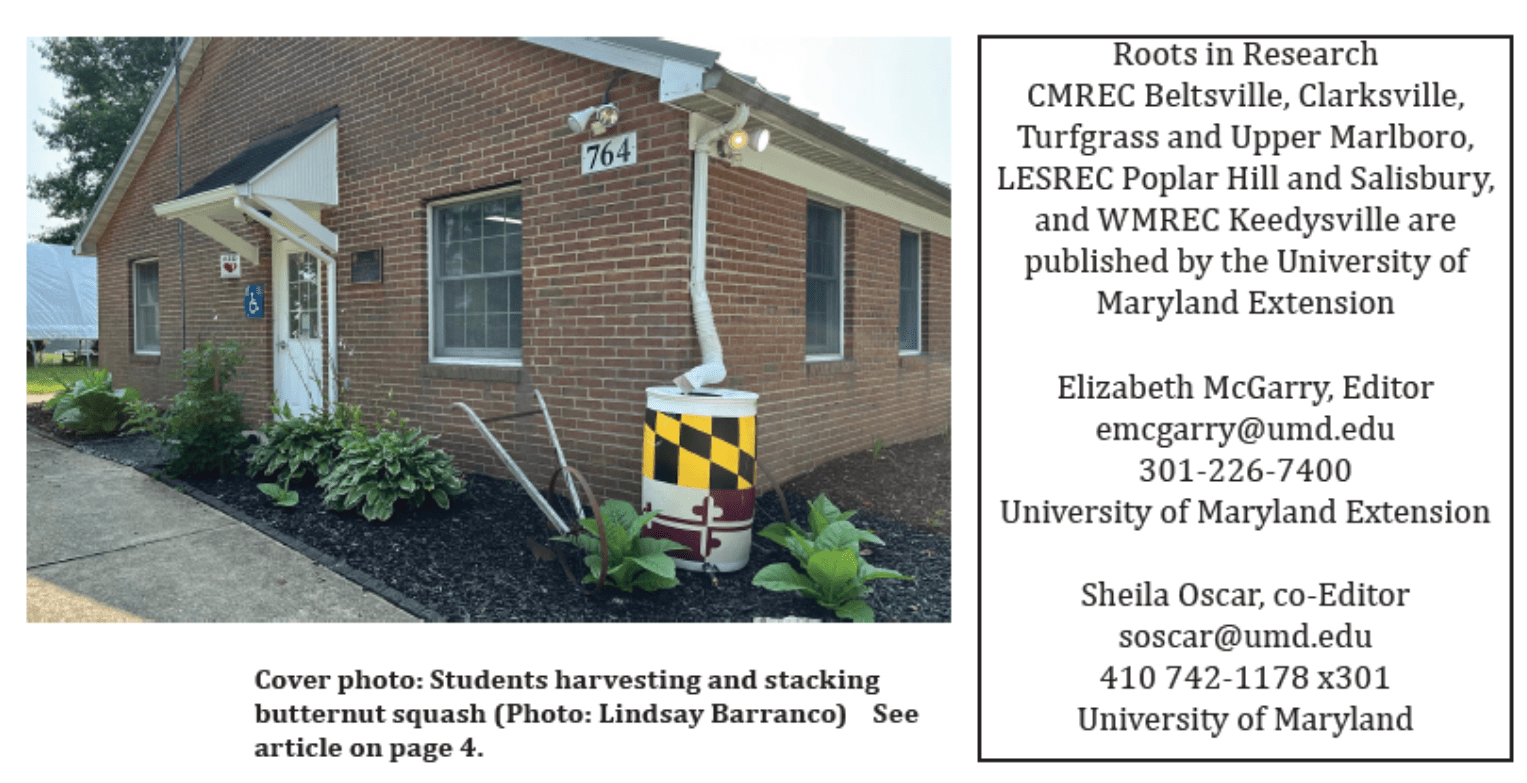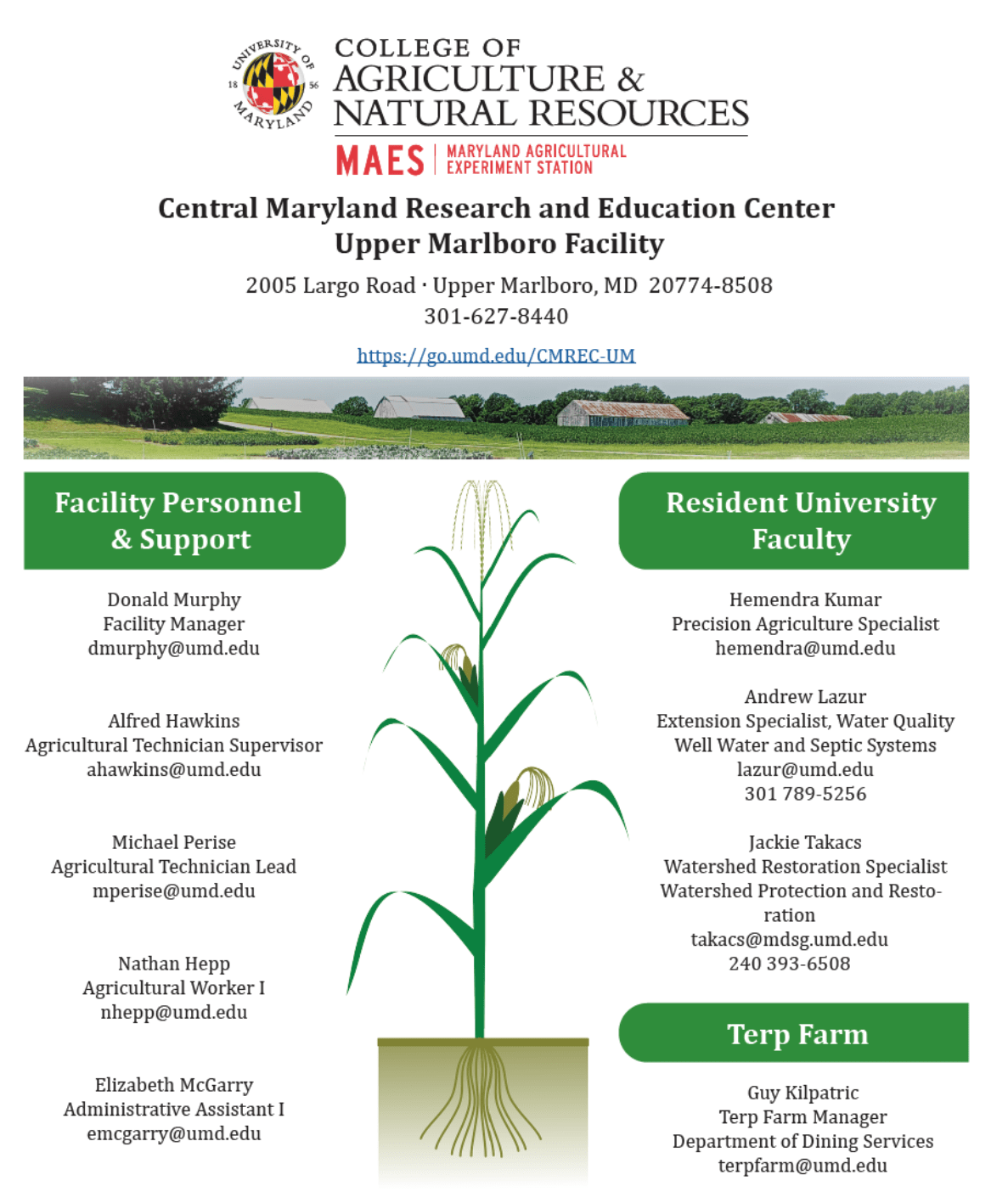'ROOTS IN RESEARCH' Newsletter
CMREC - Upper Marlboro Facility - Yield of 2023
Download 2023 Newsletter as PDF
This past year was one of tremendous yield. We were blessed with another excellent growing season that brought about the highest crop yields we have ever achieved in a variety of crops. Everything from corn and soybeans, to tomatoes, pumpkins, and squash set Facility yield records. Even more important than our crop yields, our greatest growth was the addition of a new Staff member, a new Faculty member, and an expansion of our collaboration with Dining Services in the Terp Farm.
We were fortunate enough to hire Nathan Hepp to fill our last vacant Staff position. Nathan comes to us via transfer from the University’s Beltsville Facility. Nathan brings a broad background of equipment operation and repair experience that will further our ability to serve our research mission.
Another significant addition to the personnel stationed at CMREC – Upper Marlboro is Dr. Hemendra Kumar. Hemendra was hired to fill a newly created Precision Ag. Specialist position that was of great need to our State. We look forward to supporting Dr. Kumar’s research in the years to come. This past year the Terp Farm began its transition from a standalone project to a fully integrated component of CMREC – Upper Marlboro.
We completed our first year of a two year agreement, between AGNR and Dining Services, which aims to strengthen our collaboration and incentivizes growth of the Terp Farm footprint. Under the terms of this agreement, all Facility grown produce are a part of Terp Farm and the revenue from the sale of the crops is invested in labor, infrastructure, and equipment to support the expansion of Terp Farm and its mission.

_____________________________________________________________________________________________________________________________________________
